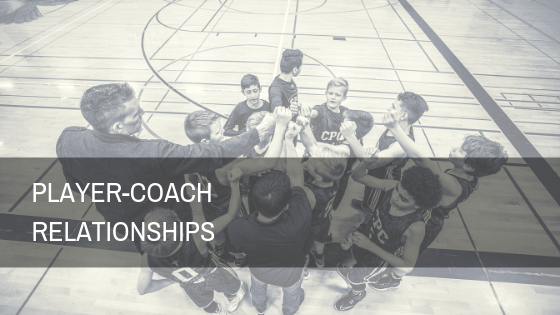Both solid coaching and player performance are key to building a successful basketball team. That said, the relationship between the coach and players can prove paramount to a winning formula. This blog will highlight some of the many methods used to foster strong player-coach relationships both on and off the court.
Encourage Dialogue
Ultimately, pertinent player personnel and in-game strategies are decided by the coach. However, successful coaches often encourage open dialogue with their players. Fostering an environment of openness and sharing promotes a more comfortable environment where players will not shy away from voicing their opinions or concerns.
Be Prepared
Solid coaching often centers around an individual’s organizational skills. Winning basketball teams are often headed by individuals who display superior organizational skills and are prepared for whatever circumstances they may face. For examples, simply look at some of the greatest NBA coaches of all time.
Get to Know Players on a Personal Level
Teammates may build levels of trust and respect more quickly for a coach who values them on a personal level. Building such a relationship can be accomplished by expressing an interest in a player’s life, showing a willingness to discuss subjects other than the sport itself, and offering a sympathetic ear when they experience challenging or difficult times. It is important to note that a basketball coach does not have to be just a player’s coach, but can also be someone players can trust, like, and respect, creating a mutual feeling of admiration.
Master the Art of Offering Constructive Criticism
Part of winning is improving. One of the coach’s principle responsibilities is to continually strive to make his or her players better. However, eliciting such improvements is not always an easy task. Doing so often requires pointing out a player’s shortcomings. Accomplishing this necessary evil is best performed through the offering of constructive criticism. Constructive critiques typically include praise for the skills a player does demonstrate while also highlighting areas that need improvement.
Develop Different Styles with Different Players
Like any team or unit, there will be a collection of athletes with varying backgrounds and personalities. Some of the best coaches understand the most appropriate motivation styles for each individual player. Certain players may even respond better to harsher approaches, though that cannot be said for all. Other players respond better to one-on-one counseling in which the coach pinpoints where the individual may need to step up their game.


